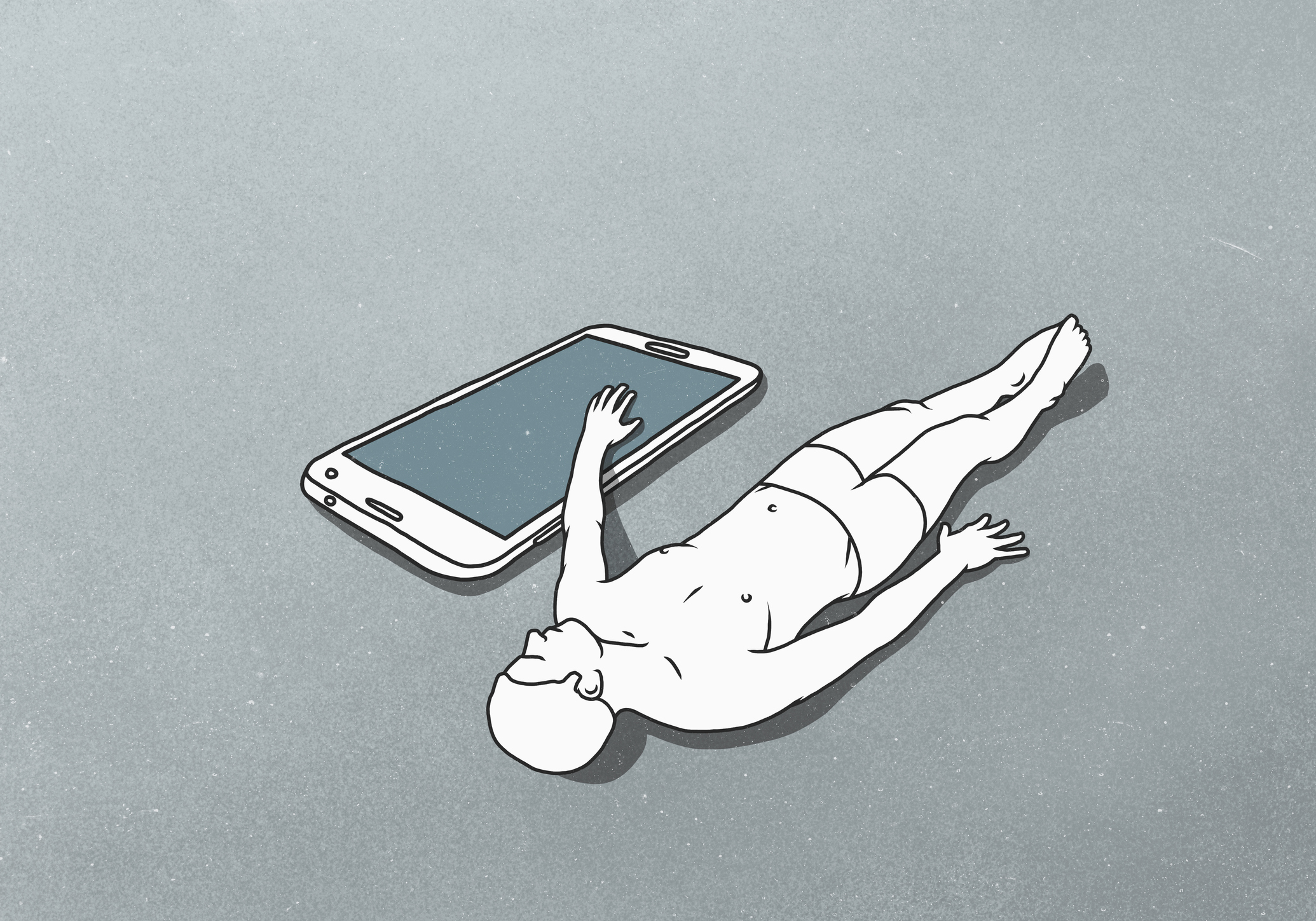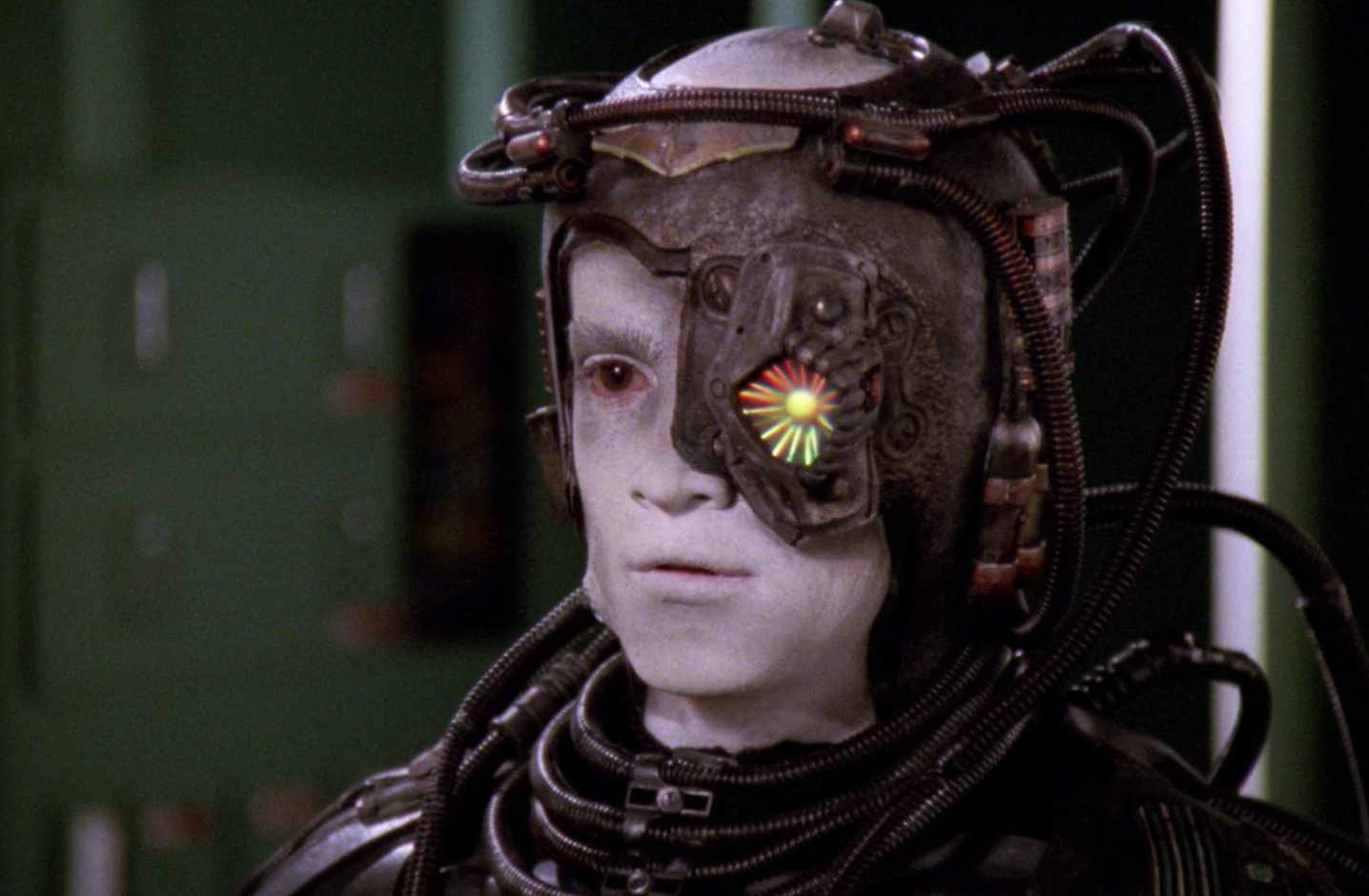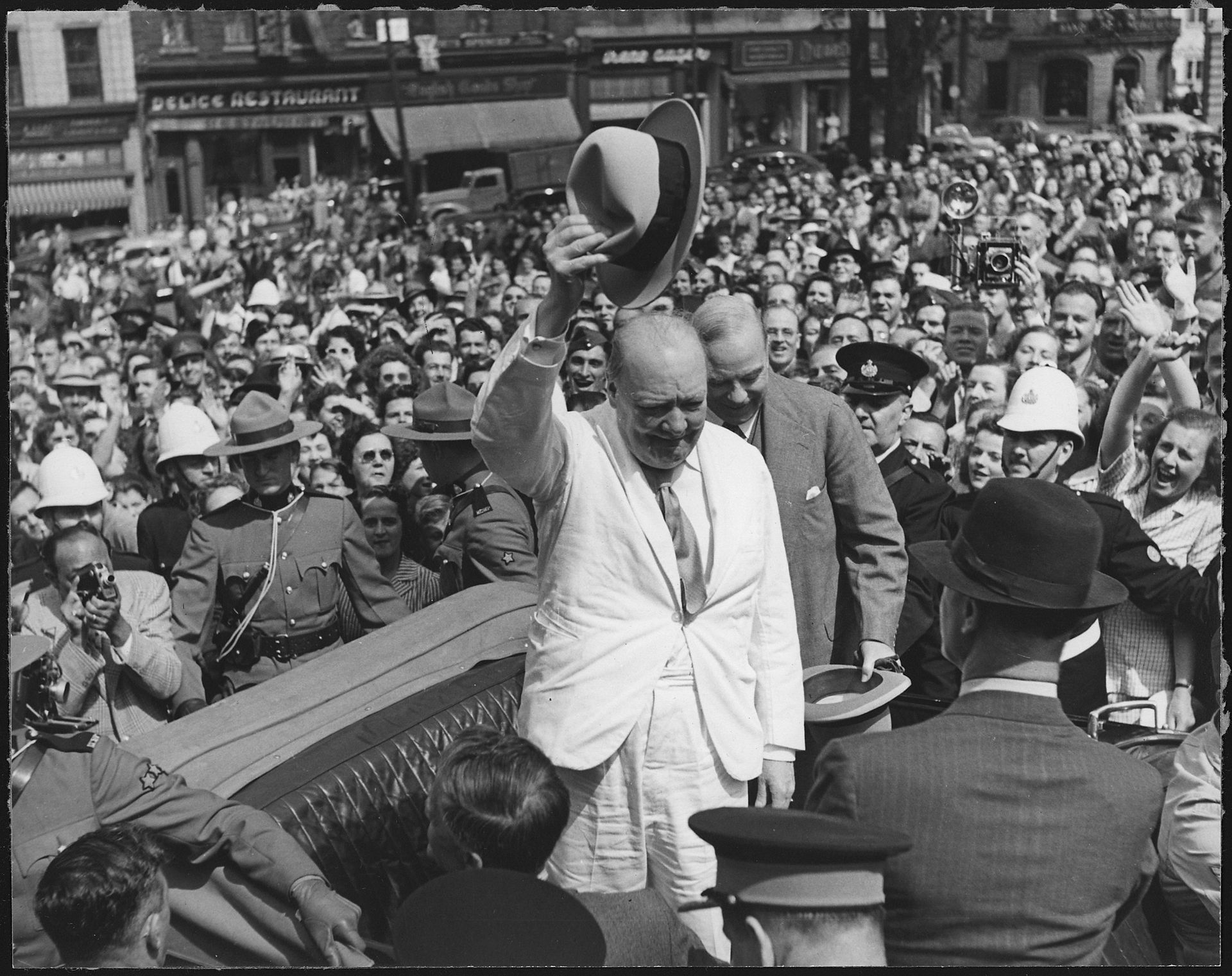Technology is raising fundamental questions that we’re not ready to answer.
Smartphonies

How we allowed our devices to make virtual life really unhappy.
When someone learns that I use an old-fashioned flip phone, I get two typical reactions. The first is incredulity, sometimes followed by ridicule: “You use a flip phone?” “How can you live without a smartphone?” “What do you do all day?” The second is usually admiration, or envy: “That’s really good you’re able to use a flip phone.” “I wish I could do that.”
Addiction and Anxiety
These are both the responses of an addict. The first is denial; the second is despair. Of course, the smartphone offers some significant conveniences (text, email, notifications) in the realm of connectivity, so much so that it now feels necessary to be able to know things and react to them immediately. Perhaps the weight of this new obligation itself leads perversely to a desire to prove we retain at least some control and choice—expressed in the all-too-convenient form of scrolling and texting away time that we know could be better spent.
Both our involuntary hyperactivity and our voluntary idleness reflect how our smartphones foster an inflated and fragile sense of self-importance. Every time there is a buzz or a ping, one feels needed: someone or something requires my immediate attention! Soon we feel the same way about others and are slighted by a delayed response or hastily typed message. To dull the pain, we kill time descending down fruitless social media rabbit holes until the next hit arrives.
As a result, we live in a society plagued by anxiety. People fear being misunderstood but simultaneously misunderstand others. One is either walking on eggshells or burning bridges. There is no moderation or prudence. Either the user must expend enormous effort on protecting everyone’s fragile egos, or he tramples on the dignity of others.
The reality is, most of us are not so important that we need to be reachable at all hours of the day or be constantly updated. And we shouldn’t expect that of others, either. If you have real relationships with others, they will survive without being in constant virtual contact. Regular in-person interaction will suffice, and a lot more will be developed in less time. If you need virtual contact to maintain a relationship with someone, then your relationship is more virtual than real anyways, and probably not worth the inordinate effort.
Friends without Friendship
The virtual universe, perpetually made present by smartphones, has destroyed all healthy understanding of friendship and relationships. Aristotle observed that it is not possible to have many friends. Friendship takes time and effort, something we cannot do for everyone we know. But phones lie to their users, telling them that they have dozens of friends demanding their attention with messages and posts for them to view, like, and comment on.
In trying to maintain these incomplete “friendships,” users spread themselves thin, constantly giving others attention but never giving any individual the attention necessary to form a true friendship. Every acquaintance must become a friend. Thus, users are inundated with shallow relationships, thinking they are friends with everyone when they really know no one.
With the infinite amount of information provided to them, users grow up thinking they know everything about the world, but because they have been rendered incapable of true friendship, they will never learn to understand another human being. Because they are denied this foundational experience of human nature, they are prone to radical misunderstandings of basic reality, and remain immature, transient, frustrated, and lonely.
Helpless
Because phones are designed to “assist” with so many everyday tasks, many of us find it impossible to do normal things without them. What is sold as a convenience becomes a necessity users feel helpless without.
The use of Google Maps is an instructive example. Few of my peers know where the places they travel to every day are. Many would have difficulty telling north from south or placing themselves on a map at any given time. It’s amazing but not surprising: every day they drive on virtual autopilot, obeying the dictated commands of the phone as it tells them to drive along the prescribed route. No need to know cross streets or scenic routes, or to have reference to place as a point of conversation or local knowledge. Only the destination matters.
It is becoming increasingly impossible for many people to have a conversation without using the phone as a crutch. Already, texting and social media have largely replaced normal face-to-face interaction. People often spend time alone, “connected” with someone through their phone rather than speaking with someone in person. But even when users do meet up in person, they often cannot interact for long without referring to their phone to give fodder for conversation or common enjoyment. They must block out the silences and pauses now perceived to be awkward with digital content.
Oblivious
Smartphones and their appendages work not just to extend but to consume our senses. They draw the attention of one’s eyes and face downward, away from the real world around us and into the void beneath the glass of our screens. Look around once in a while to observe the users in your midst. Faces downcast, eyes dilated and staring, glowing with unnatural blue light. They are physically present in the world, but their minds and souls have been possessed and drawn into the abyss, scrolling down… down… further down in an infinite stream of information and images soon forgotten as they sink deeper and deeper into the bottomless void.
Even when interacting with the real world many seek to block it out with the help of their smartphones. Users walk around, run, or bike with noise plugged into their ears. While the earbuds drown out the world around for the wearer, they also send a clear message to every observer: “I am only present physically. Mentally and spiritually, I am in another world.”
At the heart of all of this is a rejection of reality. For users, the immediate world around and the people within it are all secondary. My morning runs make this fact discouragingly clear: my greetings, smiles, and nods to those I pass by are most often met with silence and indifference. People out starting their day are too consumed by their virtual world to make eye contact, wave, or say good morning.
Exhausted
The result of this rejection of the real world is mental and spiritual exhaustion. By living a virtual life attached to your phone, the user is always at work (or school), he is always in the presence of friends, acquaintances, potential employers, or romantic interests. Users are always in the spotlight but never really anywhere; everyone lives a life of simultaneous fame and obscurity. All parts of life blend together into one tangled mess, leaving everything unfulfilled: constantly alone but never in solitude, connected without friends, informed but understanding nothing.
Though the virtual void encourages its users to gain followers as if they were sages in need of disciples, it leaves its users with no time for contemplation, and thus they will never know themselves or grow in wisdom. Instead, they are being mentally and spiritually deformed… stunted… weak: ready to be controlled and used.
Are you lost?
Even without a smartphone, I am not immune to these problems, but at least as an outsider I’ve been able to see these effects more clearly.
Not every problem mentioned applies to every individual smartphone user. But practically all users contend with at least some of these problems. No one is unaffected by possessing (and being possessed by) a smartphone; it is a tool designed to form us in many ways. Most often the “conveniences” users think are “essential” only seem that way because they are too lazy to look for an alternative and too oblivious to notice the toll it takes on themselves.
Don’t be a user. Free yourself.
The American Mind presents a range of perspectives. Views are writers’ own and do not necessarily represent those of The Claremont Institute.
The American Mind is a publication of the Claremont Institute, a non-profit 501(c)(3) organization, dedicated to restoring the principles of the American Founding to their rightful, preeminent authority in our national life. Interested in supporting our work? Gifts to the Claremont Institute are tax-deductible.
If the chemical imbalance hypothesis is wrong, we need to reconnect with the source of contentment.
Social media fosters a reduced preference for freedom.
The link between tattoos and exhibiting troubling behaviors is growing stronger.
Excerpt from "Fifty Years Hence"
As Harry Jaffa taught, political philosophy and justice are real.






